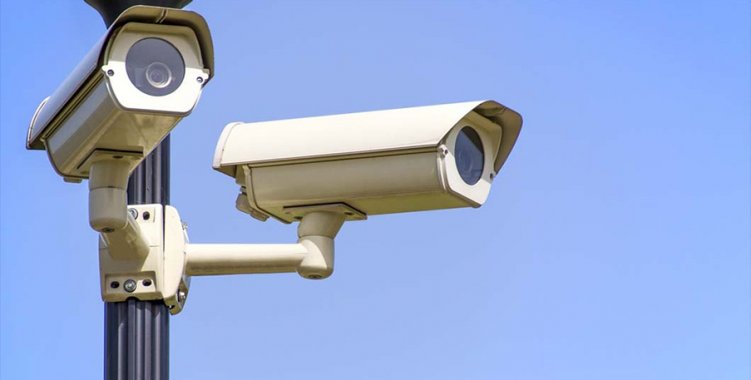The doubt was raised by Article 5 of Chapter II of the legislative proposal, which has already been approved in general by the National Assembly and was discussed on Tuesday in detail by Members.
In the debate, deputies Mihaela Weba and David Mendes, of the parliamentary group of the National Union for the Total Independence of Angola (UNITA), argued that the authorization should be the responsibility of a judge of guarantee [who acts in the pre-trial phase], rather than the Public Prosecutor.
"Our proposal is to change, (...) because if it is in the preparatory phase, it is already the Public Prosecutor's Office, so it should be the judge of guarantee and this way the situation of citizens' rights would be safeguarded," said Mihaela Weba.
Congressman David Mendes considered that the Public Prosecutor's Office cannot interfere in people's private lives, protected by the Constitution, emphasizing that "it takes a neutral person, that the Public Prosecutor's Office has to substantiate the reason for the hearing and the judge of guarantee to assess whether the basis is sufficient and the limits".
"The guarantee judge needs to authorize, and we cannot give up on the Public Prosecutor to do what we already want to prevent. Moreover, if this law comes out the way we want it to, when we approve the Code of Criminal Procedure [CPP], that rule is in contradiction with what will come in the CPP. Our opinion is that it should be the judge of guarantee to authorize interference in people's lives," he said.
Joaquim Reis Júnior, president of the Committee on Constitutional and Legal Affairs, deputy for the Popular Movement for the Liberation of Angola (MPLA), considered the concern even greater because the second paragraph of Article 5 states that "at the inquiry stage, the stage at which there is still no preparatory instruction", in which the police body is in charge, it is up to it to authorize this listening or surveillance.
In response, the Secretary of State for the Interior, Bamokina Zau, considered the matter to be peaceful, because the draft law does not deal with telephone tapping, and in that sense "does not repudiate the competence of the judge of guarantee", asking the director of the legal office of the Criminal Investigation Service (SIC), José Alfredo, to clarify the matter.
According to José Alfredo, the proposed law on mobile identification or location and electronic surveillance should not be confused with telephone tapping, which is regulated in the CPP and is the exclusive competence of the judicial magistrate, as these are different matters.
"This law, the mechanisms it envisages here are for capturing sound or image in an open environment, and not in communication. It is like recording a conversation between two people who are in a courtyard, like recording the image of two people who are in a courtyard, with a public video surveillance camera, it has nothing to do with the telephone tapping", he pointed.
The SIC technician stressed that there is no constitutional impediment in which it is a different entity from a judicial magistrate, so as for the right to identity, privacy, intimacy, the only reservation that the Constitution makes is that they are matters regulated by law, what this proposal presents.
"The same with regard to the inviolability of domicile. Therefore, there is no obligation to have an authorization from a judicial magistrate", contrary to what happens with wiretaps or intervention in telephone or telematic communications, he clarified.
The draft law, said the technician, provides only for investigation, instruction, acquisition of evidence through electronic means, provided that it does not cover communications.
The explanations did not convince David Mendes, insisting that it is an invasion of privacy to record, for evidence purposes, the conversation between two people.
"The invasion of private life requires judicial authorization. Furthermore, he made an inaccurate comparison when he said that the invasion of a residence does not require authorization from a judge. So far, it has been wrong (...) it has to end" he said, adding that power must be taken away from the body I have instructed "to invade people's lives".
In view of the differences, the president of the session proposed the suspension of the approval of Chapter II of the bill, for a better debate on the issue.
"There are completely different tendencies here (...), we have to mature, find a formulation that serves the interest of procedural instruction or investigation and also serves the interest of the defence of citizens' rights, that is what we have to find, a means, for the law to fulfil its objectives", he stressed.







